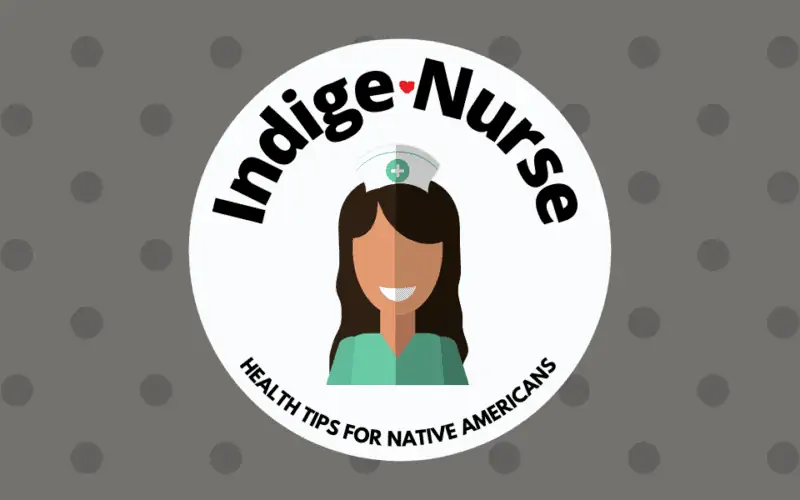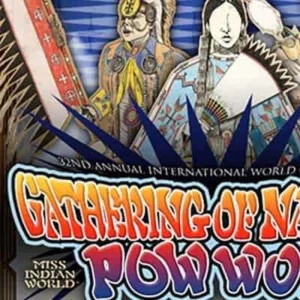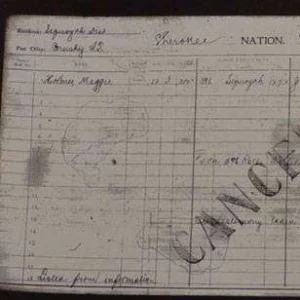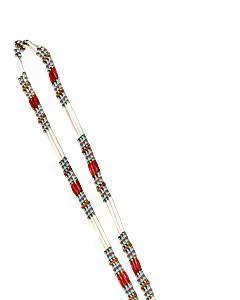Indige-Nurse is a column published by Powwows.com and written by Jeanette Centeno, a Registered Nurse (RN) and Case Manager (CM) who holds a Bachelor of Science in Nursing (BSN). Centeno (Taíno) draws on her experience in the medical field and her own indigenous background to educate Native communities on the health issues that matter most.
Violence against indigenous women has reached staggering levels during the COVID-19 pandemic with an estimated four in five indigenous women facing assault, rape, and other forms of domestic violence.
That’s a rate 10 times higher than the rest of the United States.
The pandemic rules instituted by many states and/or tribal councils effectively left many women and two-spirit people trapped with their abusers. The survivors have suffered in silence with very few resources offered by authorities or other tribal members.
Indigenous women and two-spirit people are more likely to suffer at the hands of violence but are less likely to have access to services (this also includes access to health services, which points up the disparities in poor health outcomes.)
The numbers speak volumes: 96 percent of the sexual violence indigenous women suffer comes at the hands of non-indigenous people. The murder rate against indigenous women in some reservations is ten times higher than the national average. According to the U.S Department of Justice, 84.3 percent of indigenous women experience violence in their lifetimes.
Since many of these crimes go unreported, the actual numbers can be much higher. Yet, statistics do not provide a clear snapshot of the problem and fail to accurately account for the devastation that has plagued tribal nations for generations.
The U.S. legal system has left tribal nations powerless to protect their women and two-spirit people. We need laws to restore tribal criminal authority and civil authority that allows for abusers to be punished on tribal land.
In 1994, the Violence Against Women’s Act passed as a part of the Federal Crime Control Bill, which provides federal support to law enforcement and prosecutors. However, the bill expired in 2018 and needs reauthorization.
Generations of women and men have endured violence leading to PTSD, anxiety, suicide, mental illness, depression, and in some cases, to repeat the cycle of violence. Sadly, many indigenous children become lost within this cycle and are forced into inpatient mental health facilities, juvenile detention centers, foster care, and sub-standard services that, many times, do little to help. Jurisdiction and sovereignty problems make it difficult for law enforcement, courts, and services to assist.
So what are we doing to help indigenous women?
Numerous organizations are working to protect the basic rights of indigenous women and restore tribal criminal authority. The Center’s Safe Women, Strong Nations project is raising awareness to end the violence against indigenous women and girls. They provide legal advice to other organizations to restore tribal criminal authority to punish offenders. Furthermore, many reservations are also implementing systems that include affordable shelters and homes to help give survivors the much-needed cultural, emotional, and physical support needed to move forward.
In order for this cycle of violence to end, tribal communities need to come together and provide support and assistance. Furthermore, tribal nations should have sovereignty over their land and laws, which affect their people—especially in a criminal case.
The U.S. court system has allowed this systemic crisis to continue for generations. Men, women, and children—we must speak up and tell our stories of survival because they can actually help someone else break their cycle of violence.
Social movements such as Missing and Murdered Indigenous Women, Girls, and LGBTQ have been well-received by the indigenous community and allies alike because indigenous do lives matter and change is needed.
If you or someone you love is suffering from domestic violence, please reach out to StrongHearts Native Helpline at 1-844-7NATIVE (762-8483).



